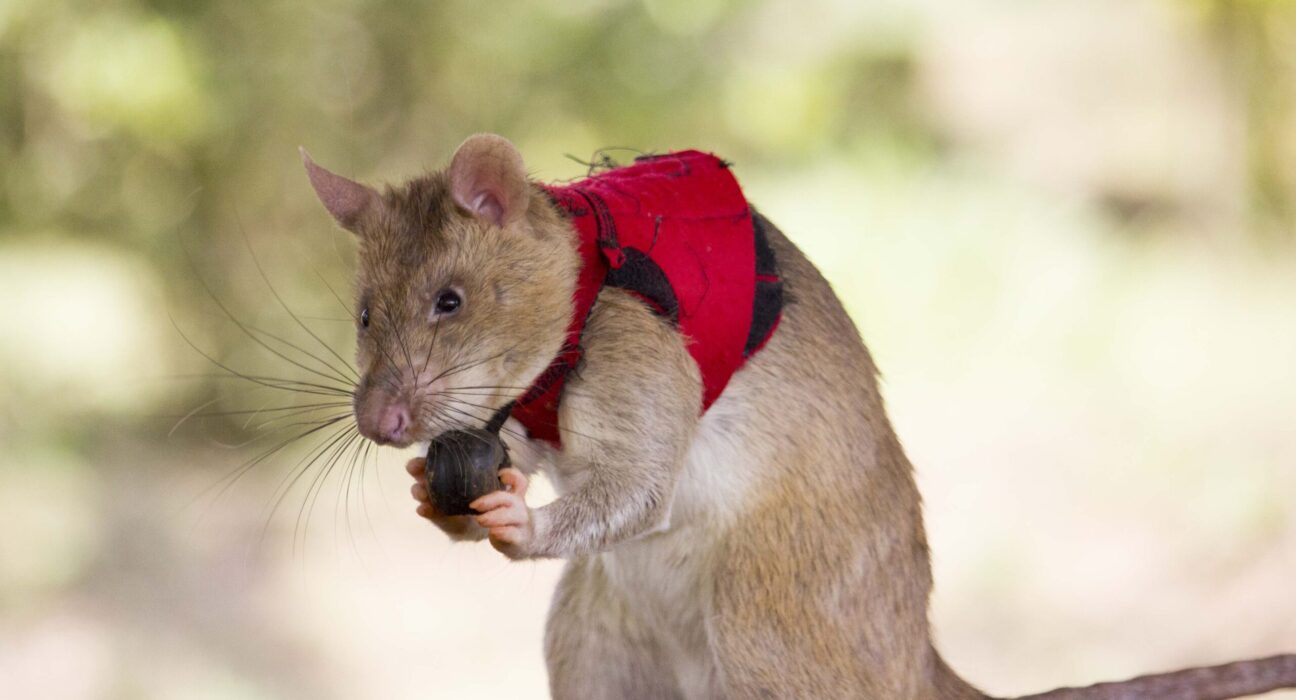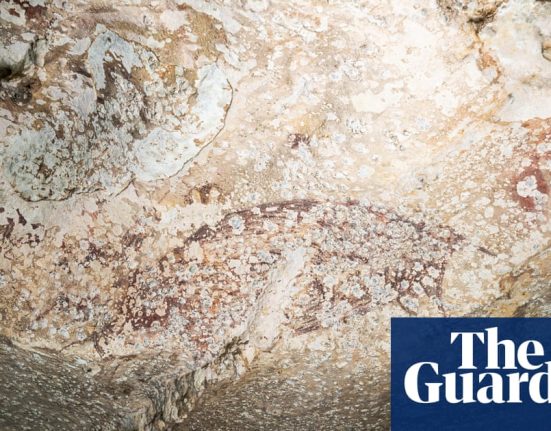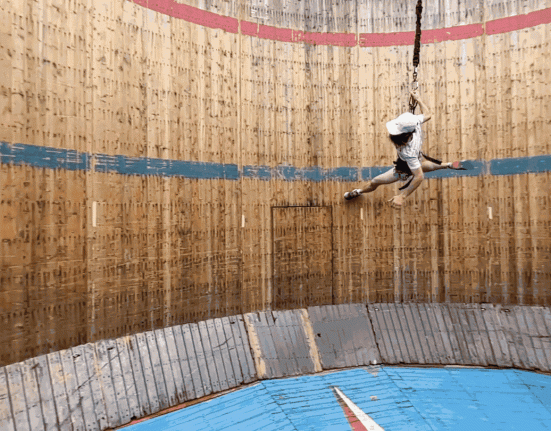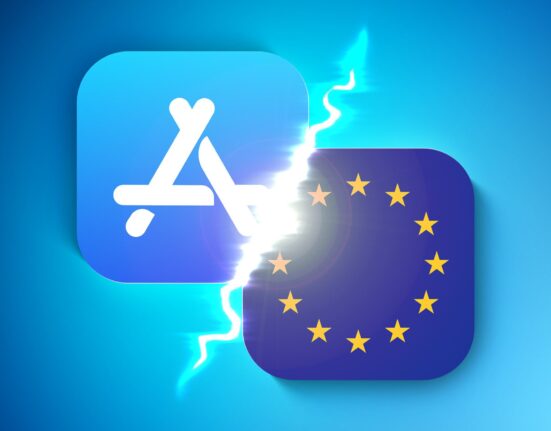agent: A person or thing (it can be a chemical or even a form of energy) that plays some role in getting something done.
agile: Able to move quickly (and pivot as needed) with skill and little apparent effort. Sometimes the term is applied to thinking and project management as well as to athletic pursuits.
behavioral ecologist: A scientist who studies how animal behavior relates to where animals live.
biodiversity: (short for biological diversity) The number and variety of species found within a localized geographic region.
conservation: The act of preserving or protecting something. The focus of this work can range from art objects to endangered species and other aspects of the natural environment.
ecologist: A scientist who works in a branch of biology that deals with the relations of organisms to one another and to their physical surroundings.
mammal: An animal distinguished by possessing hair or fur, the secretion of milk by females for the feeding of their young, and (typically) the bearing of live young. They also are warm-blooded (or endothermic).
pangolin: Any of eight species of scaly anteaters. Poaching — the illegal hunting — of these animals has been so intense in recent decades that as of 2014 these were judged “the most illegally traded animal in the world.” The animals’ meat is sometimes served as a luxury dish in expensive Asian restaurants. Pangolin scales are used to treat medical conditions that range from cancer to skin diseases (without any scientific evidence that such a treatment works).
poaching: (in ecology) To illegally hunt and take a wild animal or plant. People who do this are referred to as poachers.
recruit: (noun) New member of a group or human trial. (verb) To enroll a new member into some group or organization. It could be into the military. Or it could be into participating in a research group to test some drug, behavior or environmental condition.
species: A group of similar organisms capable of producing offspring that can survive and reproduce.
Tanzania: A nation in East Africa that sits just south of the equator. It’s well known in science communities as home to the East African Rift valley, where many hominid fossils have turned up. With a small population, many big wildlife species remain, including lions, rhinos, elephants, zebras, hippos, cheetahs and giraffes. The country is bordered by the Indian Ocean to the east; Kenya and Uganda to the north; Rwanda, Burundi and Democratic Republic of Congo to the west; and Zambia, Malawi and Mozambique to the south. It became a country in 1964.
threatened: (in conservation biology) A designation given to species that are at high risk of going extinct. These species are not as imperiled however, as those considered “endangered.”
trade: The buying, selling or swapping of goods or services — indeed, of anything that has value. Trade groups represent the makers or sellers of these goods and services. When nations talk about trade, they usually refer to the sale or purchasing of goods with one or more countries.
tuberculosis: A bacterial disease that causes unusual growths in the lungs or other tissues. Untreated, it can kill. The infection usually spreads when a sick individual coughs (or talks, sings or sneezes), spewing germs into the air.













